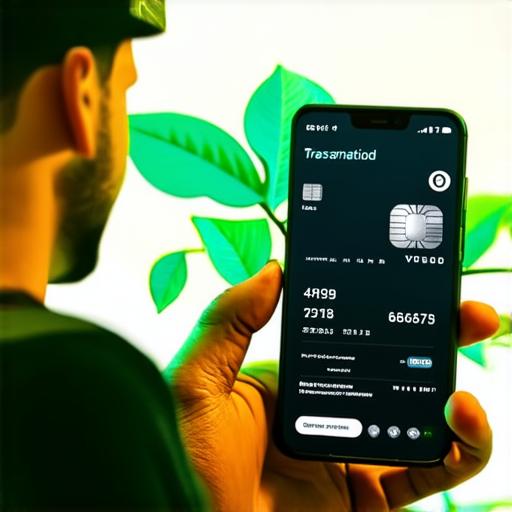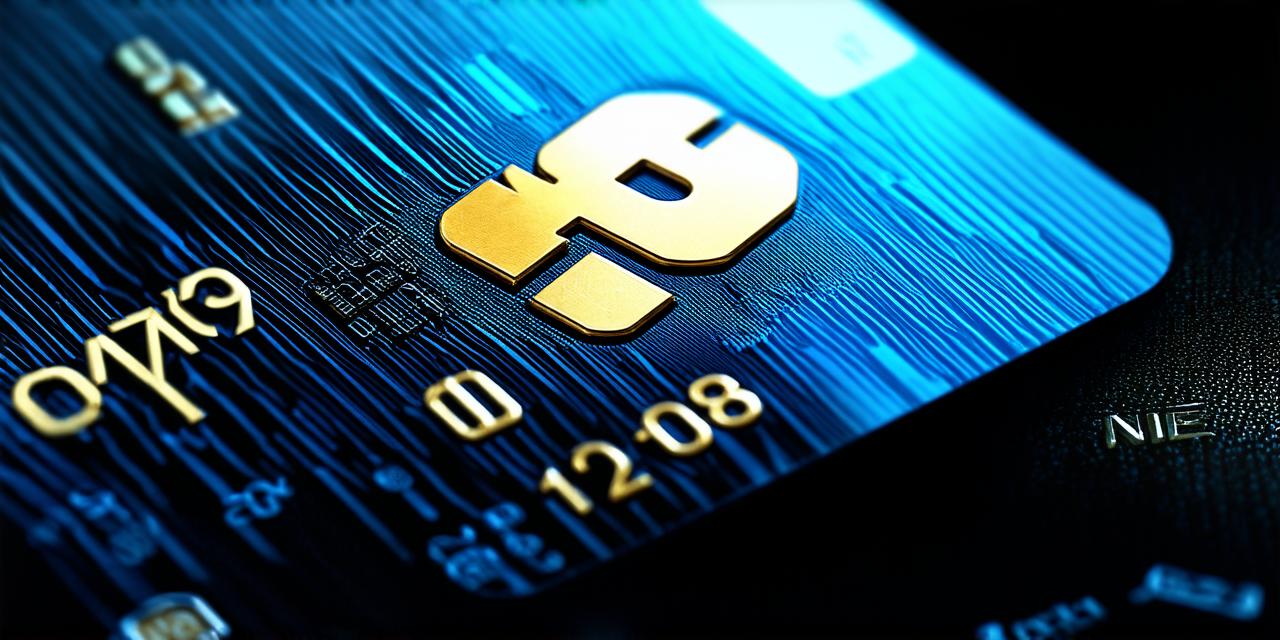Cryptocurrencies like Bitcoin and Ethereum have been gaining popularity as an alternative to traditional currencies. However, one of the main challenges faced by cryptocurrency users is the lack of options for purchasing them. While many people are interested in investing in these digital assets, they may not have easy access to the necessary funds to do so. In this article, we will explore whether it is possible to purchase cryptocurrency using a credit card and provide some insights on how to do it safely and effectively.
Is it possible to purchase cryptocurrency with a credit card?
Yes, it is possible to purchase cryptocurrency with a credit card. Many online exchanges and platforms offer this option, including popular ones like Coinbase, Binance, and Bitfinex. These platforms allow users to link their credit card accounts to their cryptocurrency wallets, which can then be used to purchase digital assets.
However, it is important to note that using a credit card to purchase cryptocurrency can come with some risks. For example, if you are not careful, you may end up overspending on your credit card or incurring high fees for transactions. Additionally, there is always the risk of fraud and security breaches when using credit cards online, so it is important to use a reputable platform and take necessary precautions to protect your information.
How do I purchase cryptocurrency with a credit card?
- Create an account on a reputable cryptocurrency exchange or platform that allows credit card purchases. Some popular options include Coinbase, Binance, and Bitfinex.
- Verify your identity by providing the necessary documentation, such as a government-issued ID or passport. This is important for compliance purposes and to prevent fraud.
- Link your credit card account to your cryptocurrency wallet. This typically involves providing your credit card details, such as the number, expiration date, and CVV code.
- Choose the cryptocurrency you want to purchase and enter the amount you wish to spend. Keep in mind that some platforms may have minimum or maximum purchase limits.
- Confirm the transaction and wait for it to be processed. This can take anywhere from a few minutes to several hours, depending on the network congestion and other factors.
- Once the transaction is complete, you will receive the purchased cryptocurrency in your wallet. You can then transfer it to another wallet or exchange as needed.
What are the risks associated with using a credit card to purchase cryptocurrency?

Using a credit card to purchase cryptocurrency can come with several risks, including:
- Overspending: If you are not careful, you may end up overspending on your credit card or incurring high fees for transactions. It is important to set a budget and stick to it when using a credit card to purchase cryptocurrency.
- Fraud and security breaches: When using credit cards online, there is always the risk of fraud and security breaches. It is important to use a reputable platform and take necessary precautions to protect your information, such as using strong passwords and enabling two-factor authentication.
- Volatility: Cryptocurrencies are known for their volatility, meaning their prices can fluctuate rapidly. If you purchase cryptocurrency with a credit card and the price drops shortly after, you may end up losing money. It is important to carefully consider the risks and potential returns before investing in cryptocurrency.
FAQs
Q: Can I purchase cryptocurrency using a debit card?
A: Yes, many online exchanges and platforms allow users to link their debit card accounts to their cryptocurrency wallets and use them to purchase digital assets.
Q: What are the fees associated with using a credit card to purchase cryptocurrency?
A: Fees for transactions can vary depending on the platform and network used, but they typically range from 1% to 3% of the transaction amount.
